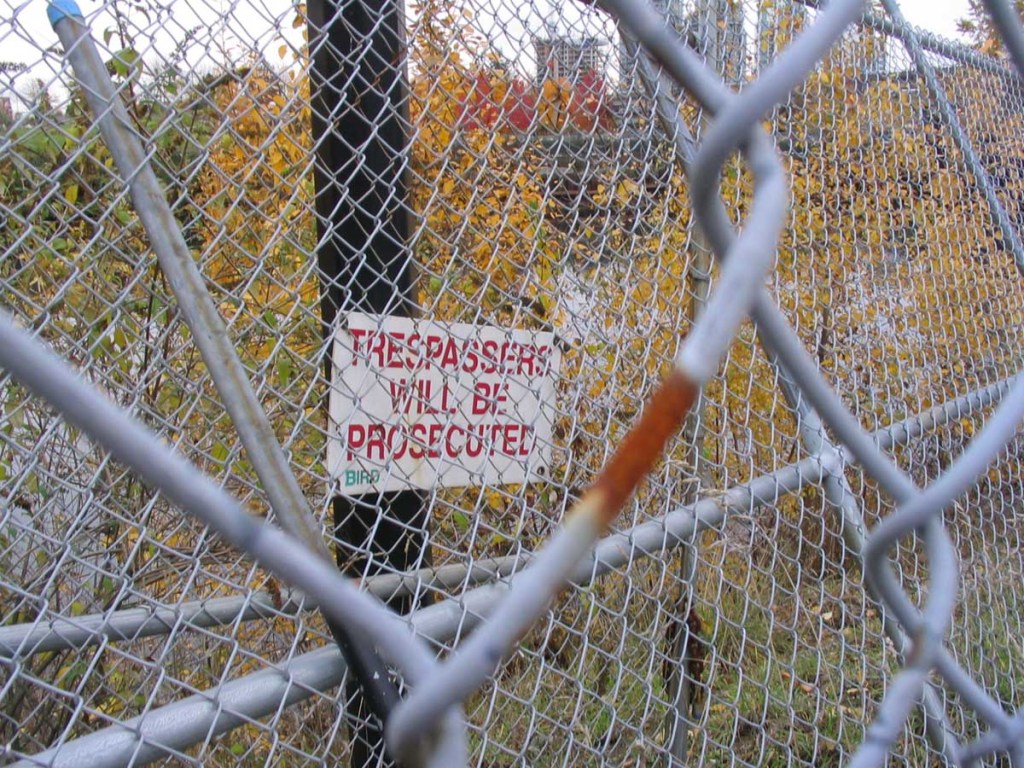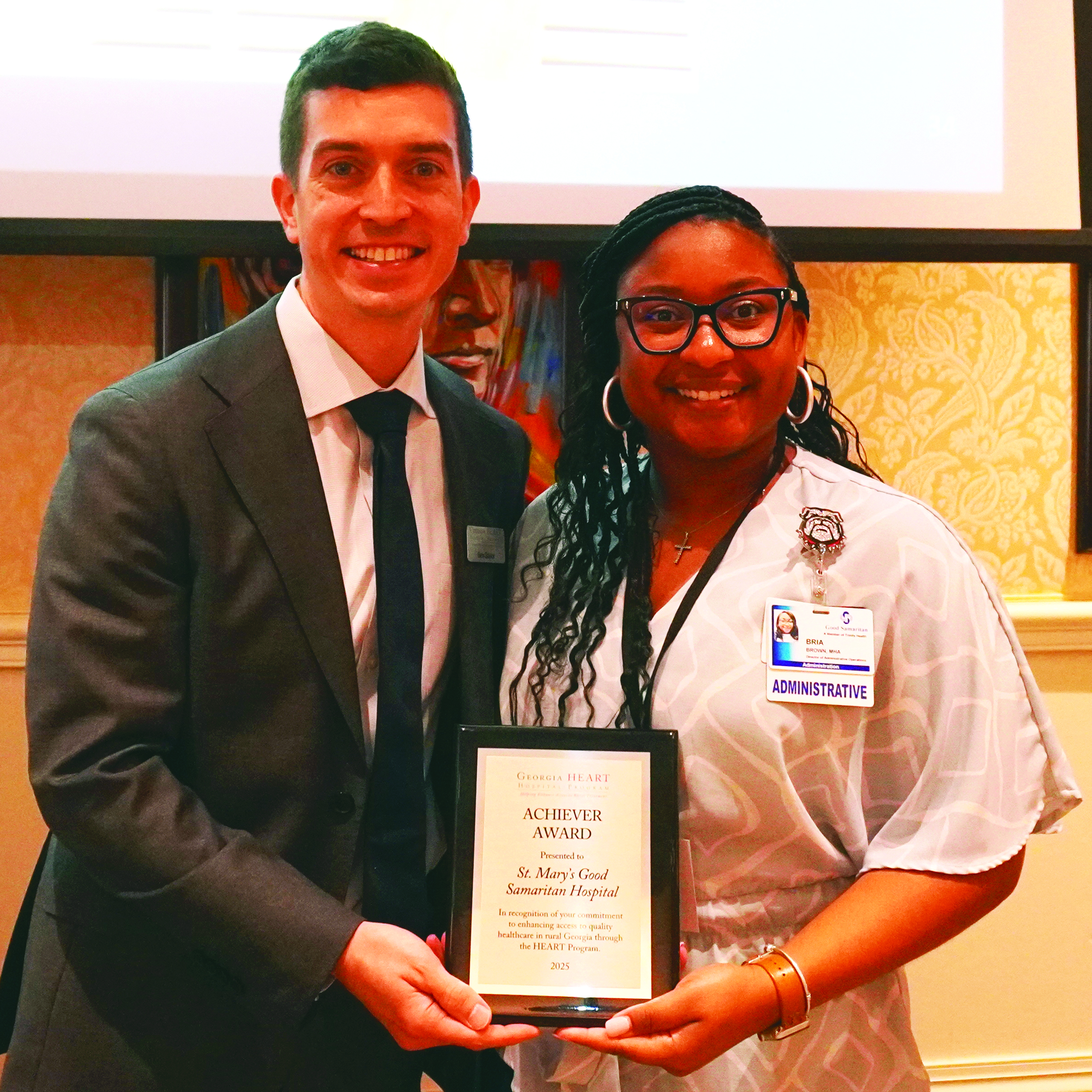Immigration proposal could be problematic
Published 6:16 pm Wednesday, August 9, 2017

- MorgueFile
AUSTIN — Federal immigration policy favors admitting immigrants’ extended family members, but a proposed change would instead halve immigration while claiming to prioritize merit-based and skilled immigrants.
However, the Reforming American Immigration for a Strong Economy Act, which is backed by the White House, is drawing fire from opponents who say the proposal would damage U.S. and Texas economies.
The bill by Sens. Tom Cotton of Arkansas and David Perdue of Georgia, would cut green cards from over 1 million to about 500,000 per year; prevent siblings and adult children of U.S. citizens and legal permanent residents from gaining permanent lawful residency; and cap annual refugee admissions at 50,000.
“This bill is going to hurt business and it’ll hurt our growth in terms of technology,” if enacted, said economist Ray Perryman, who heads the Waco-based Perryman Group. “We need the carpenters and the framers as much as we need high-skilled folks.”
Bureau of Labor statistics for June showed that with a civilian labor force of about 13.5 million, the Texas unemployment rate was at 4.6 percent.
Perryman said that while “we desperately need immigration reform … there are more job openings in this country than there have ever been.”
Texas needs high-skills workers in fields such as genomics and smart materials, Perryman said.
But there’s also a need at the other end of the spectrum for those who are “growing stuff” and “building stuff,” at a time when baby boomers are leaving the workforce, he said.
Economist Bernard Weinstein of Southern Methodist University said the consequences “would be very, very negative” for Texas if the RAISE Act were adopted, and that it “makes absolutely no sense.”
Weinstein said the idea that immigrant labor takes jobs from native-born workers “has been disproven for 40 or 50 years.”
Paradoxically, economist Alex Nowrasteh of the Cato Institute, a libertarian Washington, D.C., think tank, said that reducing green cards would boost the number of undocumented workers in places such as Texas.
“All the people in line, after one year, they would all be cut out of the process,” Nowrasteh said. “Texas would see a large increase in illegal immigrants who have no way to enter legally.”
Advocates say the RAISE Act would raise wages for working Americans, but Nowrasteh contradicted that in a recent article, published on the Cato website.
“Restricting immigration doesn’t raise wages and, even if it did for those Americans who directly compete with immigrants, it would lower wages for the roughly 91 percent of Americans who do not,” Nowrasteh wrote.
Nowrasteh contends that the smart move would be putting the 500,000 green cards the RAISE Act would cut from other categories into a merit-based category.
But the act would cap merit- and skills-based green cards at 140,000 per years — the same number now allotted for employment-based green card for skilled workers.
Nowrasteh said the RAISE Act did offer one positive.
“If the RAISE Act becomes law, high-skilled immigrants would no longer have to be sponsored by companies,” he said. “It gets rid of regulation.”
However, prospects for adoption appears problematic.
Sen. Marco Rubio, R-Florida, said in a recent CBS interview that, “I think the White House knows that you don’t have 60 votes for that in the Senate.”
Meanwhile, Nowrasteh said Texas could benefit from something the RAISE Act doesn’t propose: a state-sponsored immigration system in addition to the federal system.
For example, it could be open doors to those in the middle of the labor market, such as skilled construction workers.
Said Nowrasteh, “there’s a lot of jobs in Texas there’s no federal visa for.”
John Austin covers the Texas Statehouse for CNHI’s newspapers and websites. Reach him at jaustin@cnhi.com.



